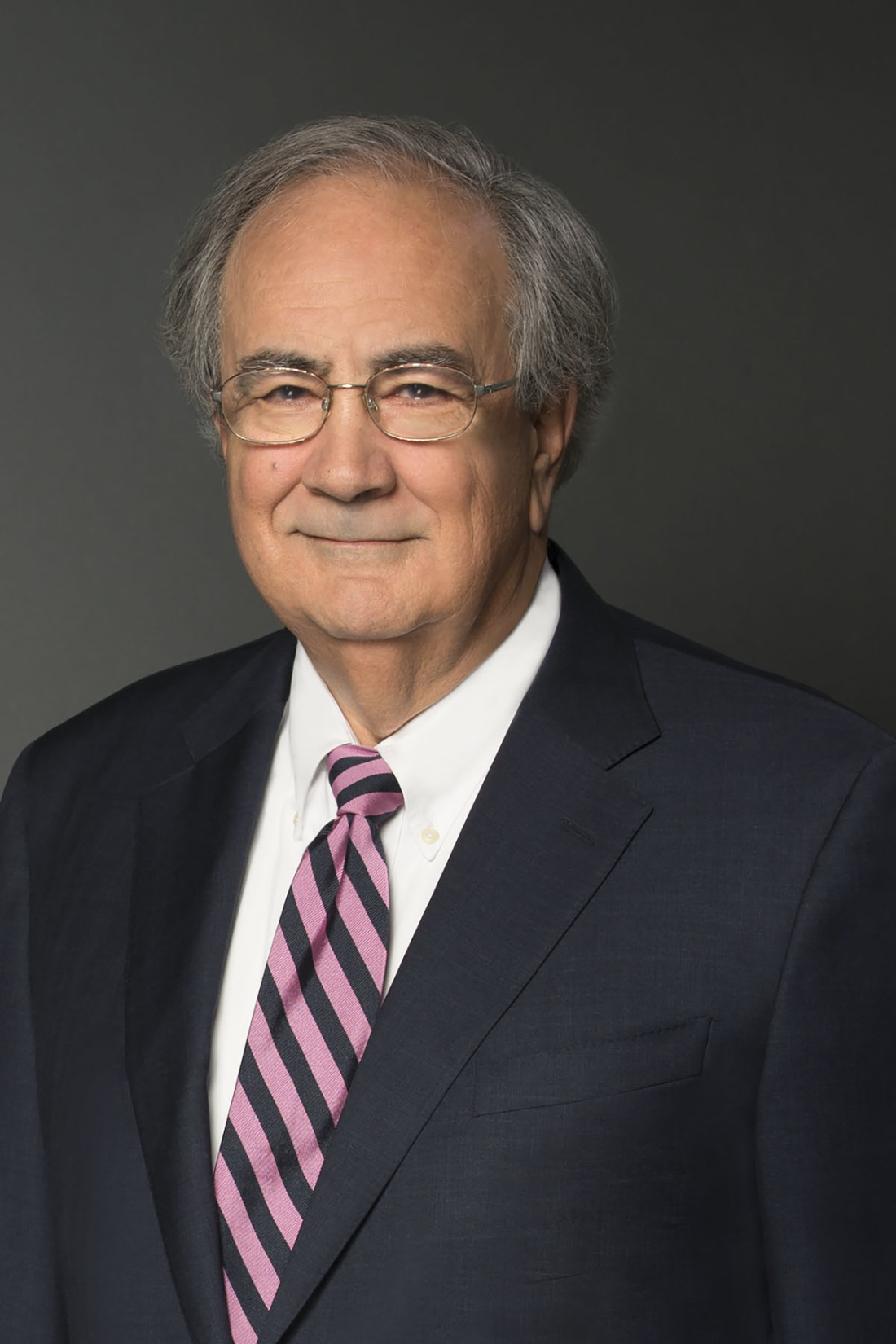So You Think You Know Delaware Law?
 We all sometimes believe we know more than what we really do understand. Despite scholarly warnings about that tendency, it continues to mislead us. Now that same error is threatening the legal profession.
We all sometimes believe we know more than what we really do understand. Despite scholarly warnings about that tendency, it continues to mislead us. Now that same error is threatening the legal profession.
In the spring 2018 edition of ABA’s Journal of the Section of Litigation, Robert E. Shapiro writes “What’s So Special About a New Jersey Lawyer, Anyway.” Shapiro argues that there is no need to consult with a lawyer admitted in a jurisdiction other than your own when advising on a transaction governed by that foreign jurisdiction’s law. He claims: “Time was that a Delaware specialist was necessary to tell you about Delaware law. Now you can educate yourself. All Delaware law is no more than a few mouse clicks away on the internet.”
Shapiro is not just wrong. He is advocating potential malpractice. One example is enough to prove that point. Just recently in The Cirillo Family Trust v. Moezinia, C.A. No. 10116-CB (Del. Ch. July 11, 2018), the Delaware Court of Chancery held that a $600 million merger was invalid because the non-Delaware lawyers had failed to properly document it. While a Delaware lawyer was subsequently able to cure that deficiency, that fix cost considerable time and money and left the merger incomplete for years.
Ironically, the non-Delaware lawyer advising the merger in Cirillo may have done just what Shapiro advocates. According to the Cirillo opinion, that lawyer said he checked “six precedents,” possibly using “a few mouse clicks … on the internet” that Shapiro says is sufficient. Unfortunately, that research failed to reveal his oversight.
The problem revealed by the Cirillo decision is not confined to a simple misreading of the Delaware statutes involved in that merger. One of the errors involved a failure to understand that nonstatutory Delaware case law required disclosures to stockholders sufficient to permit them to decide whether to seek appraisal. Just reading the statute governing the merger did not reveal that case law. Yet, any Delaware corporate lawyer would have been aware of that case law and avoided the problem discussed in Cirillo.
Of course, there are many non-Delaware lawyers who successfully practice Delaware corporation law. Those that do that well have the benefit of their own past experience, mentors who guided them and a regular practice of studying that law. Nonetheless, ignorance of the law’s nuances is not confined just to novices. Delaware corporate law is constantly evolving. Almost yearly amendments to the Delaware corporate and other business entity statutes are easy to overlook. Decisional law too is issued virtually weekly and not infrequently must be considered. All that flow is not easy to master by the just occasional dip into the “water.”
For example, you may believe that your client’s purchase of preferred stock in a Delaware corporation is secured by her right to have that stock redeemed or to elect a majority of directors if various events occur. However, the Delaware case law seriously affects those rights. Just recently, the Court of Chancery awarded a $20 million judgment against a corporation’s creditor who failed to realize that by exercising its right to elect directors it became subject to fiduciary duties to the stockholders. Reading the statute governing preferred stock is not going to alert you to the need to comply with a fiduciary’s duties.
This is not an argument for full employment of Delaware lawyers or lawyers outside of one’s own jurisdiction. There are several other modest ways to avoid inadvertent malpractice and to fulfill one’s ethical obligation to a client. Speaking only as a Delaware lawyer, I know that we regularly provide informal, often free advice to out-of-state lawyers with whom we have a standing relationship. I suspect that is common among all business lawyers, if only as a way to generate future business.
Even more formal advice need not be cost prohibitive. After all, the research done by the non-Delaware lawyer in the Cirillo matter dealt with a question that a Delaware corporate lawyer would have answered in a five-minute telephone call. That would have been cheaper than the research done instead of making that call.
Finally, the caution urged here is not just for corporate lawyers. At least in Delaware, and I suspect elsewhere, there is a lot of “law” that is not clearly written down. We cannot know what we do not know. Arrogantly thinking we do know it all is just wrong. So too is Shapiro’s advice to ignore our own ignorance.
Delaware Business Court Insider, August 1, 2018
Share

